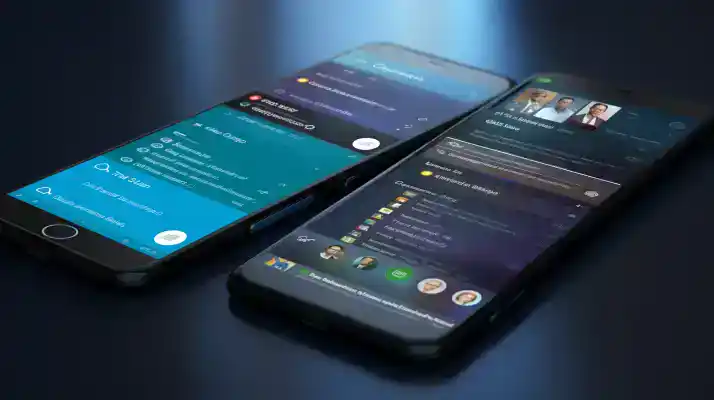Table of Contents
In a bold strategic maneuver aimed at revamping its chat capabilities, Microsoft has re branded Bing Chat to Microsoft’s Copilot. This substantial transformation isn’t merely cosmetic; it’s a calculated step to bolster Microsoft’s position in the competitive arena of AI-powered conversational interfaces, specifically targeting ChatGPT’s dominance.

Microsoft Shifts Focus from Google to ChatGPT
Microsoft has shifted its focus from competing with Google in the AI space to targeting ChatGPT. This change comes shortly after OpenAI announced that 100 million people are using ChatGPT on a weekly basis. Despite their close partnership, Microsoft and OpenAI are vying for the same customers interested in AI assistants, and Microsoft is positioning Copilot as the preferred option for both consumers and businesses.
To reflect this shift, Bing Chat and Bing Chat Enterprise will now be known as Microsoft’s Copilot. Colette Stallbaumer, the general manager of Microsoft 365, confirmed the name change. This decision follows Microsoft’s selection of Copilot as the branding for its chatbot in Windows 11 a few months ago. While it was uncertain at the time whether the Bing Chat branding would completely disappear, it is now clear that it will.
Microsoft is currently positioning Copilot as the complimentary edition of its AI chatbot, while offering Copilot for Microsoft 365 (previously known as Microsoft 365 Copilot) as the premium alternative. The complimentary version of Copilot will remain accessible through Bing and Windows, but it will also have its own exclusive domain at copilot.microsoft.com, similar to ChatGPT.
Evolution of Microsoft’s Copilot
Microsoft introduced Bing Chat earlier this year, referring to it as an “AI-powered copilot for the web.” Since then, the company has adopted the Copilot branding for various AI initiatives, following GitHub’s previous use of the same name.
Copilot’s recent rebranding marks a shift towards a more independent experience, no longer requiring users to navigate to Bing for access. While Bing still plays a role in powering Copilot, Microsoft’s move away from it is noteworthy, considering the company’s previous efforts to establish its search engine as a competitor to Google through AI advancements.
According to Caitlin Roulston, director of communications at Microsoft, Bing continues to play a significant role in Microsoft’s Copilot, serving as a leading brand and technology that powers numerous Copilot experiences while maintaining its position as a top player in the search industry.
Inside Microsoft’s Bing Chat Launch
During the Bing Chat launch earlier this year, Microsoft conducted an internal Q&A session to address any queries from its employees regarding the company’s AI search push. According to sources familiar with the meeting, Yusuf Mehdi, Microsoft’s consumer chief marketing officer, provided an explanation as to why the company decided to stick with Bing instead of introducing a new brand like Microsoft Copilot.
Mehdi stated in a February internal meeting with Microsoft employees, “Bing is perceived as a neutral platform, as indicated by research conducted by our branding team. This neutrality is generally viewed positively by people.” He further emphasised that the Bing brand had a significant value of approximately $200 million. Considering this, we had to decide whether to start from scratch or leverage the existing brand. Bing possesses several advantageous qualities: it is a concise four-letter word, easily pronounced with one syllable, recognised globally, and has established equity. Therefore, we concluded that sticking with the Bing brand was the best course of action.”
However, Bing will no longer serve as the primary gateway for Microsoft’s AI ambitions with Copilot. It remains uncertain whether the company’s pursuit of AI search has been successful thus far. Earlier this year, Microsoft CEO Satya Nadella expressed his desire to challenge Google, referring to it as an 800-pound gorilla that he aimed to make dance.
However, Google has not rushed to integrate AI into its search results in the same manner as Microsoft. As of now, Google still maintains over 91 percent market share, according to StatCounter, even after nearly 10 months since the Bing Chat launch.